Event Summary
MIPIM GALLERY + VIDEO | Levelling up within Greater Manchester
An economic divide between North and South exists within the city region. What can be done to fix it?
That was the focus of the final session at the Manchester Pavilion during MIPIM. Held on Thursday evening, the debate featured leaders from around Greater Manchester as they weighed in on how to close the economic gap among the area’s ten boroughs. The session was chaired by Place North West senior reporter Dan Whelan.
Panellists included:
- Alison McKenzie-Folan, chief executive of Wigan Council
- Paul Dennett, Deputy Mayor of Greater Manchester Combined Authority and Mayor of Salford
- Paul Ormerod, chair of Atom Valley and Rochdale Development Agency
- Jeremy Hinds, director at Savills
Dennett acknowledged the economic divide but described how GMCA is working to tackle that.
“Anyone who is familiar with the spatial plan for Greater Manchester will know that one of the key aspects of that is to try and push economic growth north, beyond the central business district and the south of the city region,” he said.
However, he warned that it was important this push did not come at the expense of the city core.
“It’s about maintaining the driving central business district, the competitiveness of the south of the city region – but also thinking how can we start doing some of this activity in those northern local authorities?”
McKenzie-Folan said that the northern region’s industrial past has caused many problems around real estate investment. Wigan, she said, has a number of brownfield sites that could see 4,000 homes built on – but the cost of remediating the sites is so expensive that the projects are not viable.
Ormerod pointed to what he described as the only case of levelling up that has worked in Europe: East Germany.
“The West German government in the last 30 years has spent more than €1tn in levelling up,” Ormerod said. “The equivalent to level up the Atom Valley boroughs of Bury, Rochdale, and Oldham is £130m a year, every year, for the next 30 years.
“So we’d like our first instalment,” he quipped.
Ormerod also described how the North of Manchester has become the victim of a self-reinforcing feedback loop.
The city of Manchester has high productivity, high income, and good transport links and is thus a desirable place to live, work, and invest. “The fact [a place] is attractive, makes it even more attractive,” he said. “Positive feedbacks have transformed it.
“This equally applies in reverse in the northern and eastern boroughs. We get trapped in by negative feedback.”
Atom Valley is aiming to change that. The project calls for the creation of 17m sq ft of employment space and 7,000 homes across Rochdale, Bury, and Oldham.
Should the northern and eastern boroughs’ feedback loop be broken and the promise of Atom Valley be fulfilled, GM has to be cognisant that another disparity does not crop up, argued to McKenzie-Folan.
Atom Valley’s potential could see the loss of skilled workers from Wigan, who could leave to find better work and pay in that mayoral development zone.
“We don’t want to start another divide between the east and west conurbation,” she pointed out.
- Hear more thoughts from the panellists in the above video or watch it on YouTube
Hinds encouraged those listening to think about what successful levelling up would look like.
“Ultimately, if levelling up is going to mean anything, the tangibility of it will rest on how it affects the lives of the people,” Hinds said.
He added later: “The reality of levelling up will be seen in people being proud of where they are born, where their education wants and their own aspirations can be met locally…
“Levelling up can’t be meaningful in the sense of looking at it on a spreadsheet saying property values have gone up,” Hinds concluded. “That should not be the driving factor for a sensible economic policy.”
- Watch the full panel discussion
With the Budget’s announcement of the latest devolution package for Greater Manchester, McKenzie-Folan spoke about how important it was for GM to start the work of levelling up internally.
“We’ve got to seize control of our destiny,” she said. “We’ve been given that accountability now. We’ve been given a moment and we need to do something about it in directing our efforts and investments in what we’ve set out in our GM strategy.”
Click any image to launch gallery


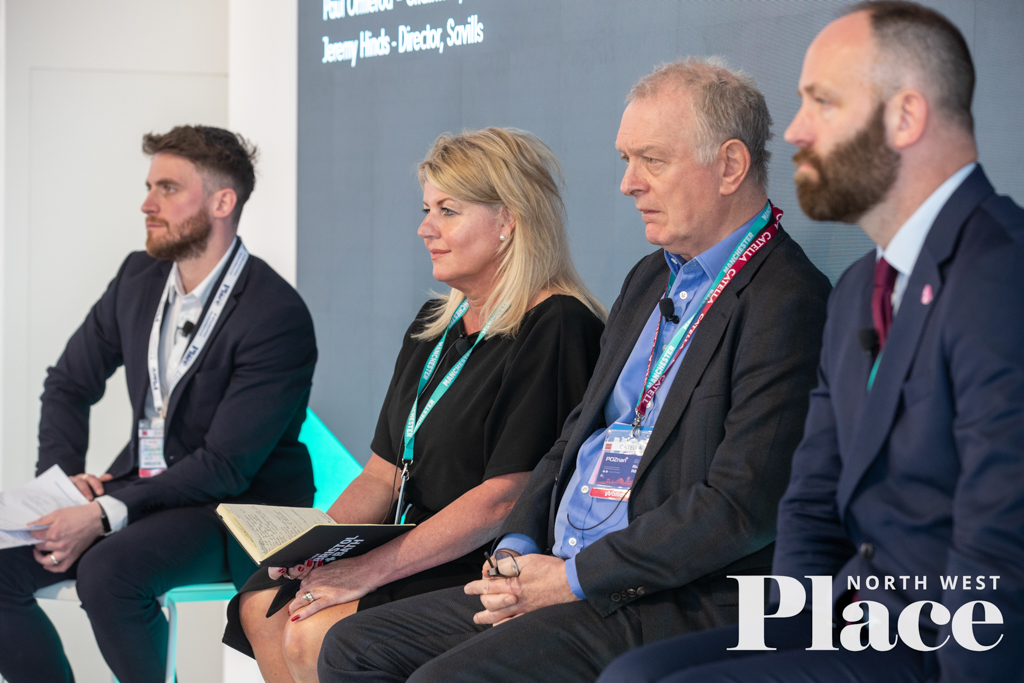
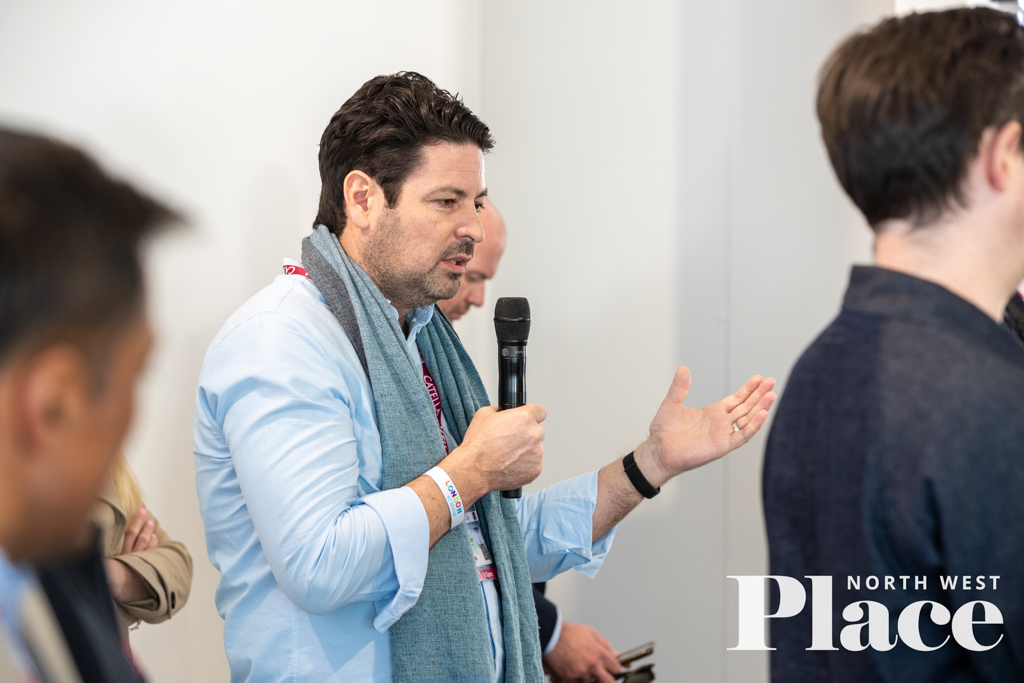
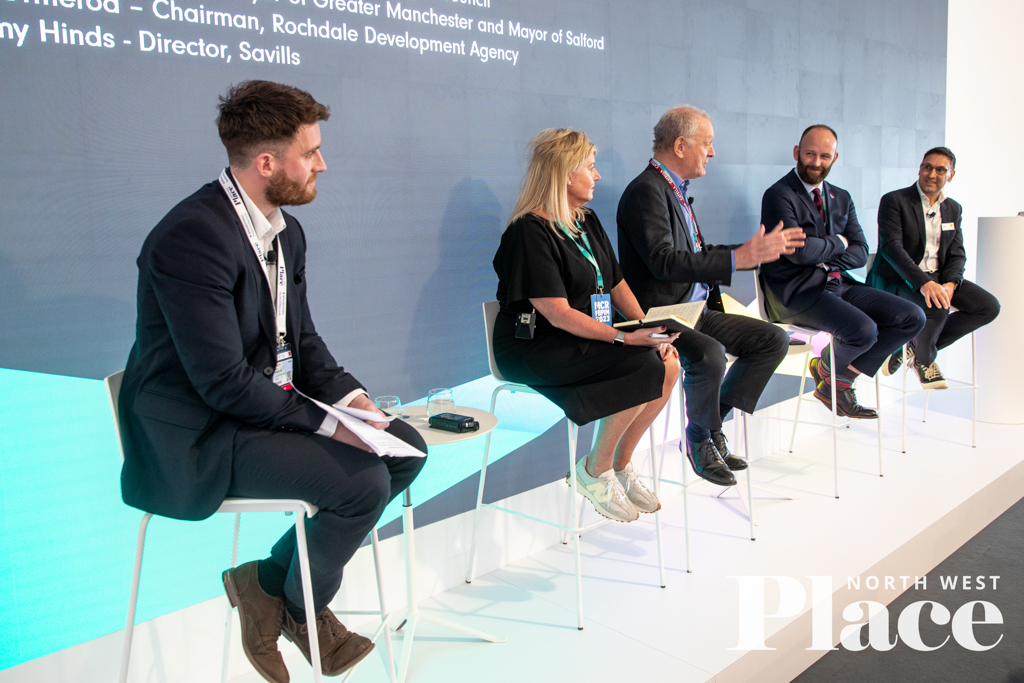


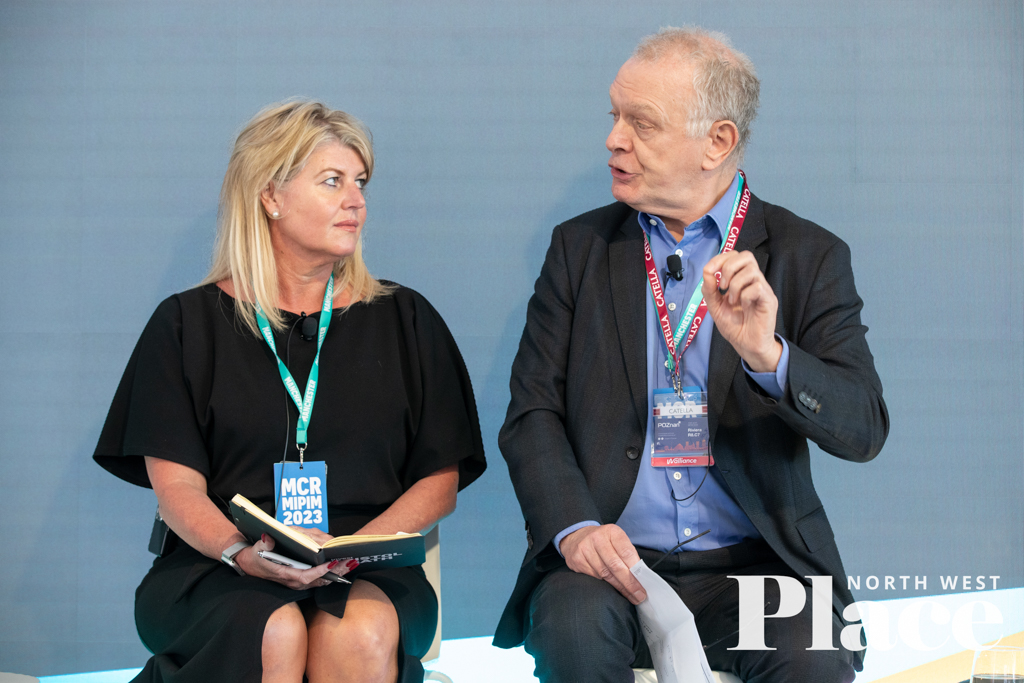
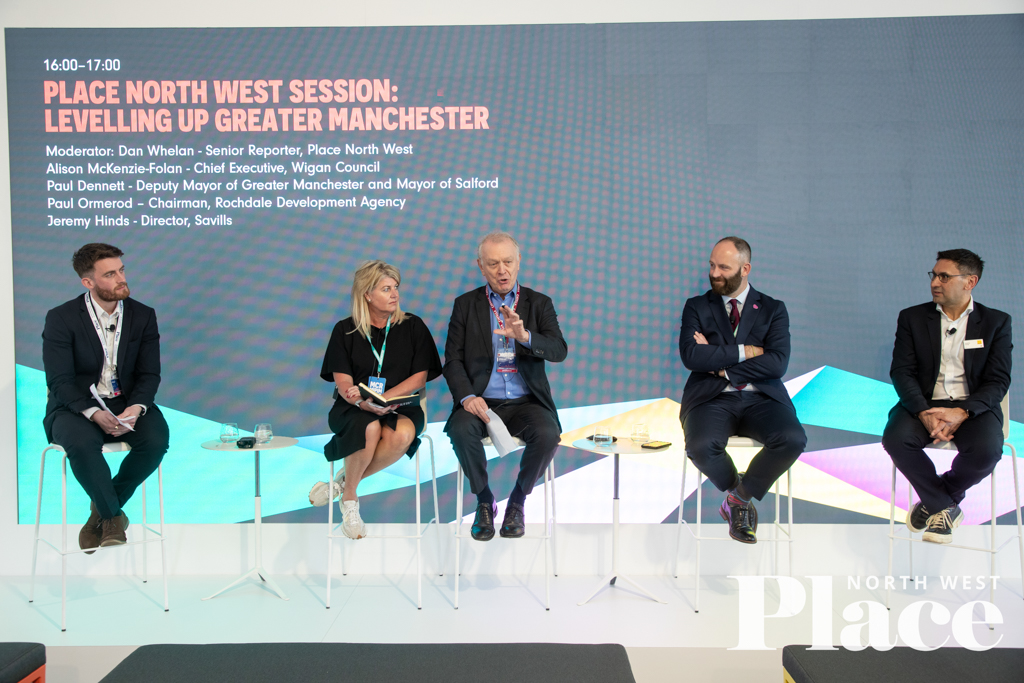
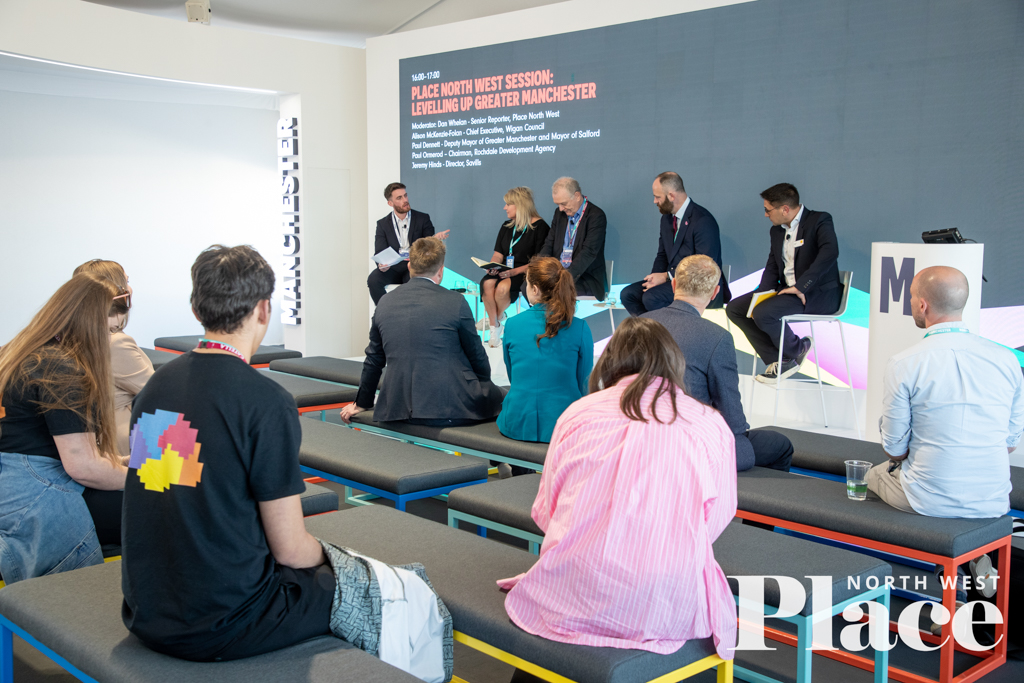
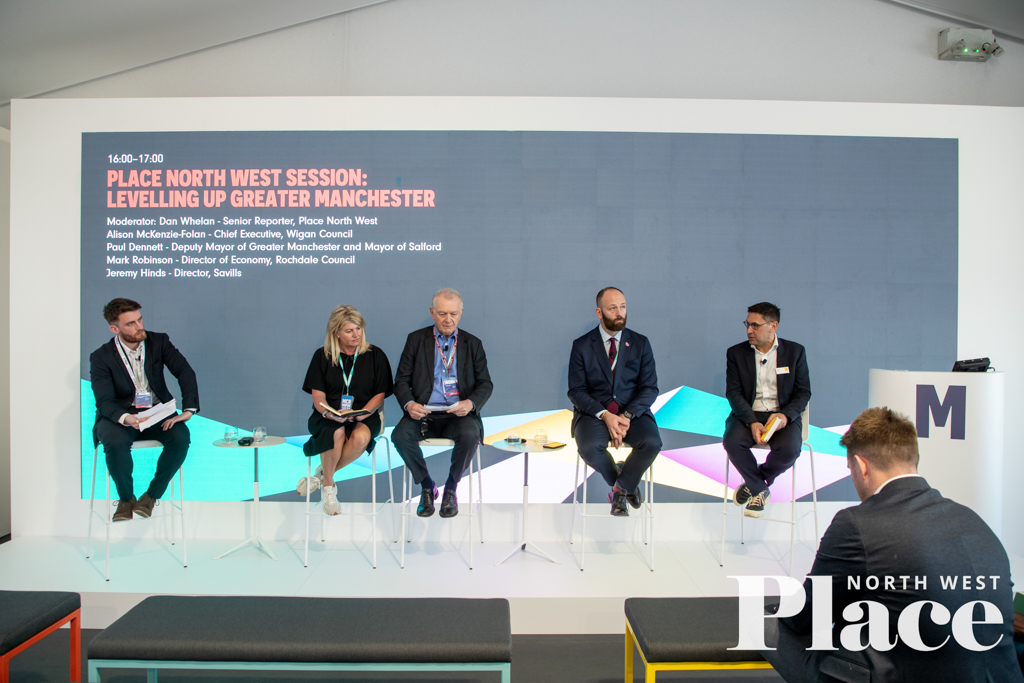
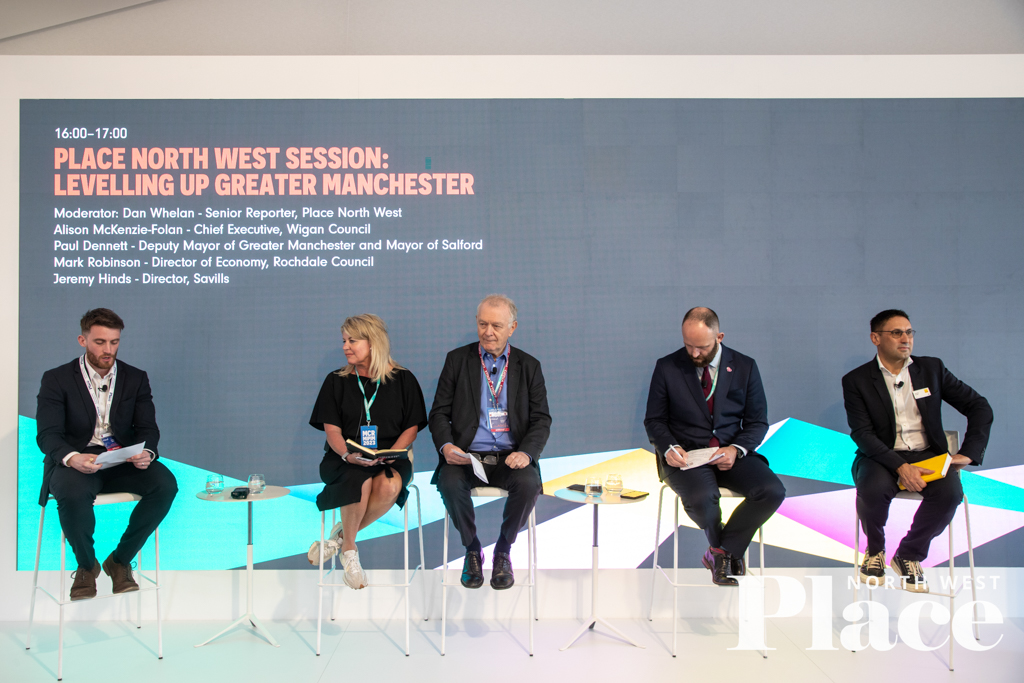

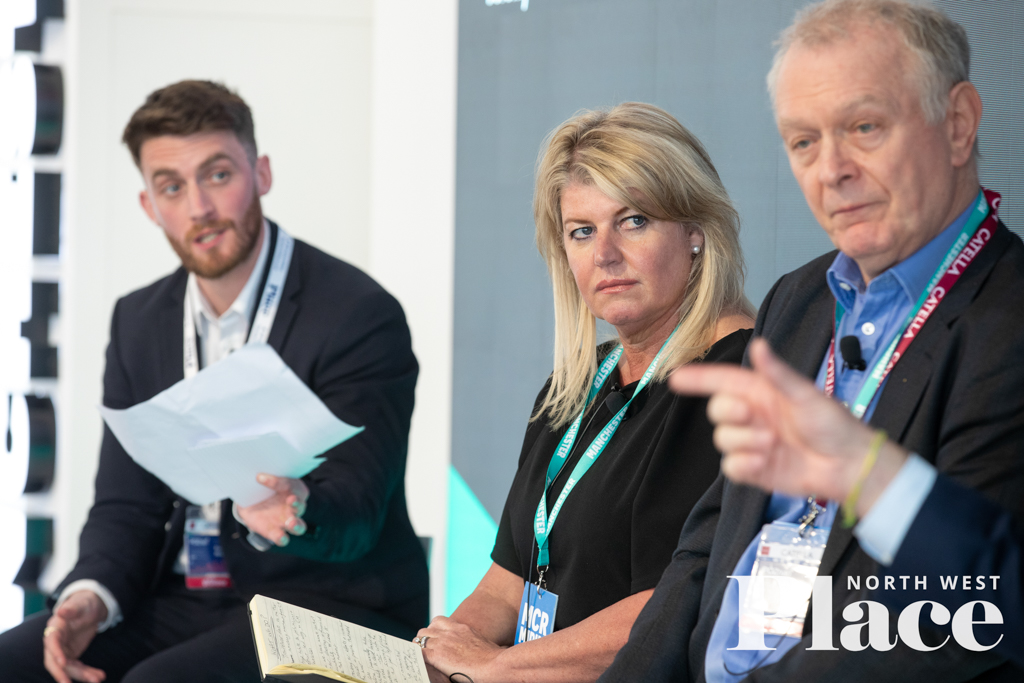




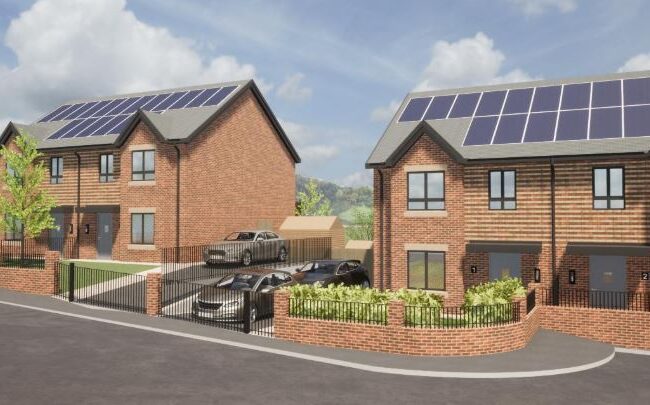
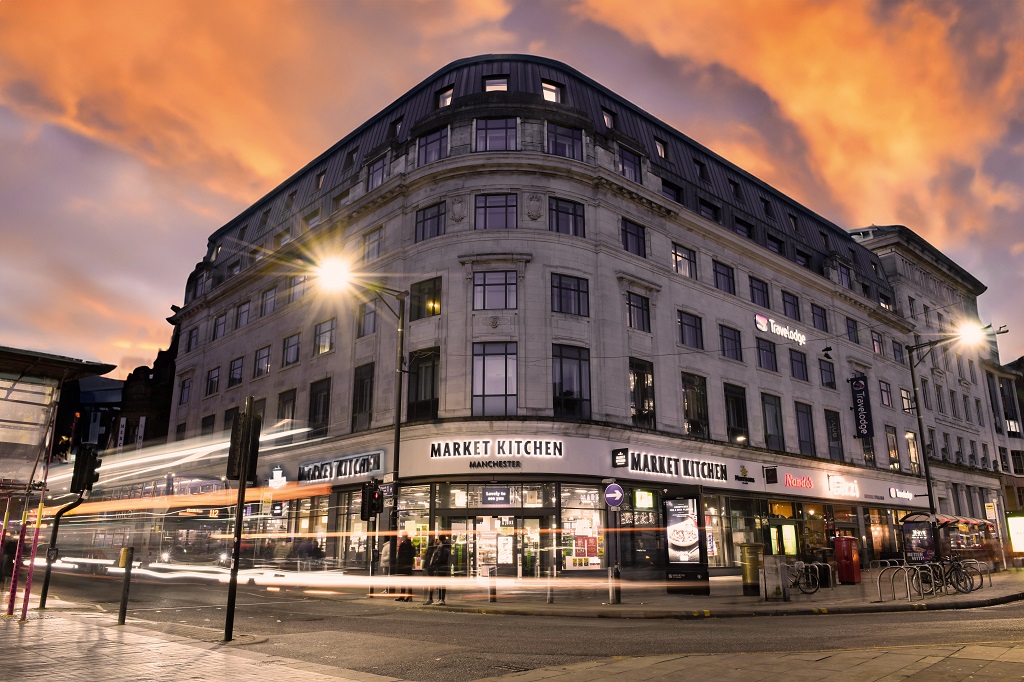
Levelling up should mean more money given to north than south and more money in Greater Manchester given to towns like Bolton and Wigan and not Manchester.
By Anonymous